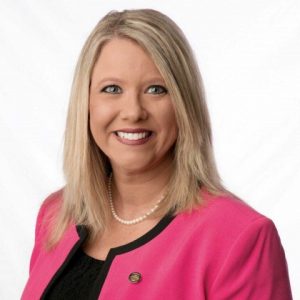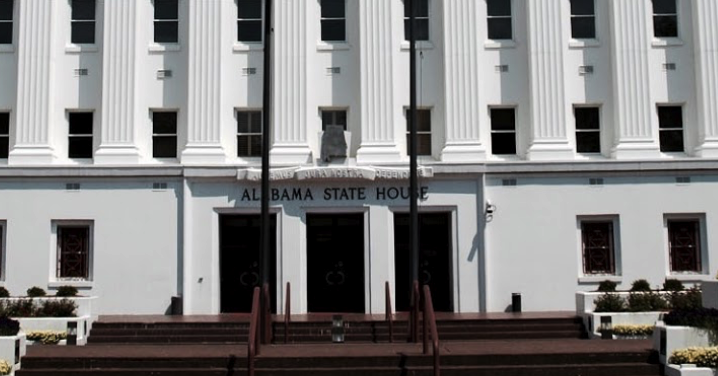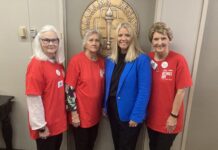April 5 2019 by April Weaver
STATE’S GENERAL FUND BUDGET LIKELY TO PRIORITIZE HEALTHCARE, PRISONS, AND PUBLIC EMPLOYEE RAISES

According to the 1901 Alabama Constitution, the single, most important mandate of the Legislature is to pass balanced budgets for state government and public education functions each year. The Alabama House has already begun its work on the state’s General Fund budget, which provides appropriations for all non-education state agencies, while the Senate is focusing its initial attention on the Education Trust Fund budget for K-12 schools, community colleges, and public universities.
In years past, the General Fund has struggled financially because most of Alabama’s growth taxes are earmarked for education purposes, but thanks to the robust economy, revenues that outperformed expectations, and unanticipated savings in some state agencies, this year has proven to be an anomaly. Rather than facing its traditional shortfall, the General Fund budget is expected to carry forward more than $100 million to Fiscal Year 2021 in order to cover a looming increase in the state’s share of the Children’s Health Insurance Program, commonly known as ALL Kids.The federal government currently pays 100 percent of the CHIP program’s cost, but states will begin paying a 20 percent match next year. An estimated 220,000 children receive their health insurance through the CHIP program.
Equally surprising is the fact that the Alabama Medicaid Agency, which consumes the largest portion of the total General Fund budget, requested roughly $50 million less funding than last year. Because of less-than-expected prescription drug costs, higher-than-expected drug rebates, and an increase in the state’s portion of the national tobacco lawsuit settlement, Medicaid will be able to carry forward about $106 million in funding from this fiscal year to the next.The federal government covers 70 percent of the cost of the Medicaid program, and the agency’s General Fund request represents that state’s 30 percent obligation.
The Alabama Department of Corrections is expected to receive a $40 million bump in its appropriation. The increase would allow the prison system to hire up to 500 new correctional officers and 20 new medical and mental health professionals to treat inmates. The funding would also provide correctional officers with a 20 percent salary increase since the low pay and highly dangerous environment associated with the job make it difficult to attract new recruits. The additional funding will also allow DOC to continue compliance with a federal court ruling over mental health care and begin addressing a U. S. Department of Justice report that highlighted various inadequacies within the prison system.
The Alabama Law Enforcement Agency will see a $5.7 million increase in order to hire additional state troopers. And the Alabama Department of Senior Services is seeking a $3.5 million increase, which would bring its total funding to $102 million. The agency said its increase will help sustain SenioRx, a prescription assistance program that has saved seniors more than $30 million in the past 12 months, and allow the agency to continue providing Meals on Wheels, which serves millions of meals to seniors each year.
The General Fund spending plan also includes a 2 percent cost-of-living raise for state employees, who have suffered from largely stagnant wages since the recession of 2008. The salary increases will add a total annual cost of $12 million to the state’s bottom line.
I will detail the Education Trust Fund budget in a future column. Both budgets must be passed by the House and Senate and sent to Gov. Kay Ivey for review before the Legislature adjourns its session in mid-June.
As always, I remain available to answer questions from my constituents regarding the state’s budgets or any other public policy issues in which you may have an interest. Contact my office at (334)261-0500, and I will be happy to assist you in any way that I can.
April Weaver represents House District 49, which includes parts of Bibb, Shelby and Chilton counties. She has served in the Alabama House of Representatives since 2010.














